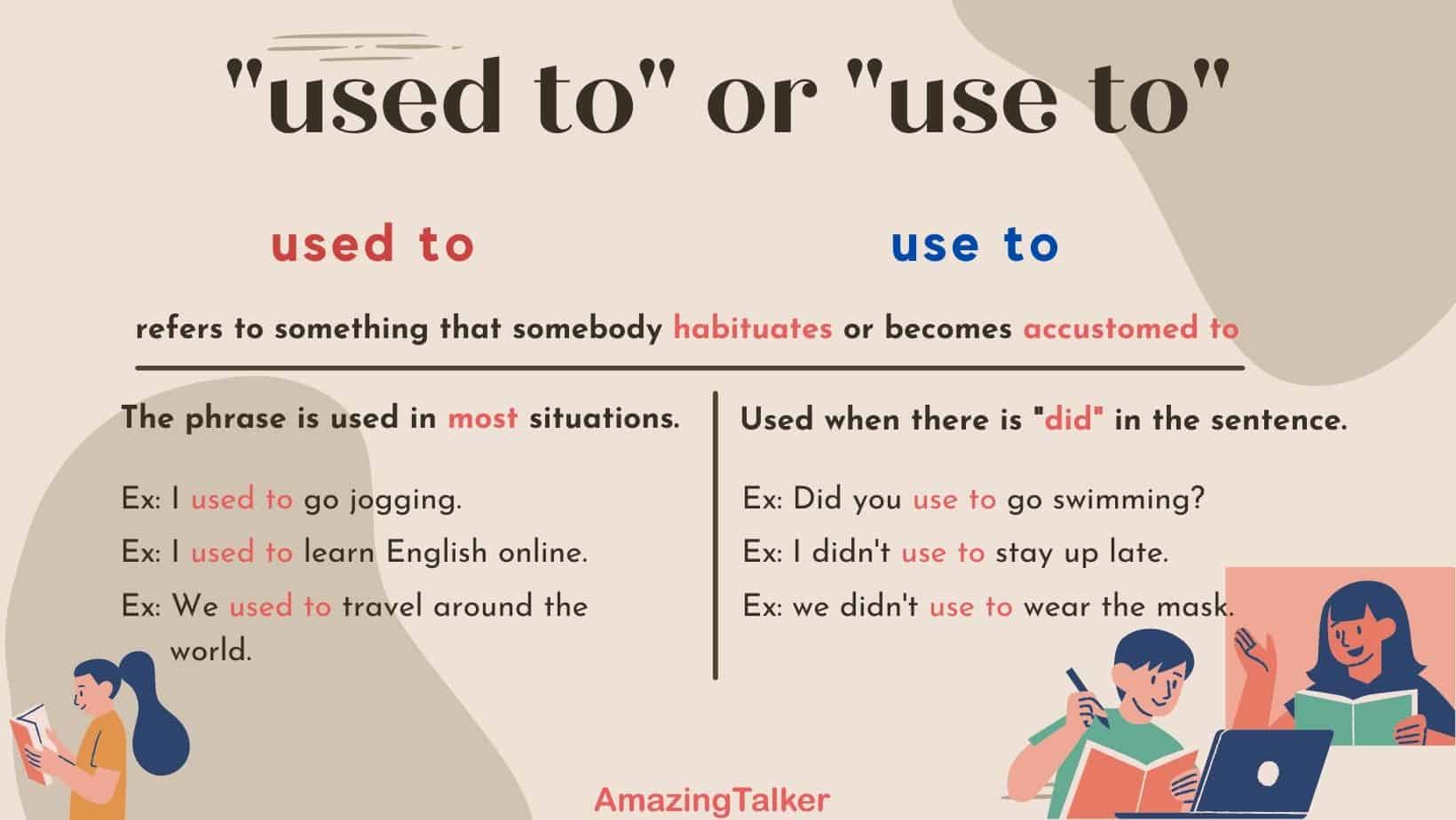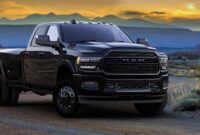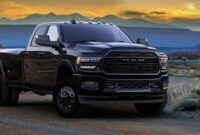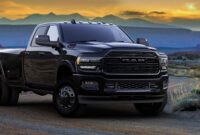Used Honda Ridgeline Trucks For Sale: Your Comprehensive Guide to a Versatile Workhorse sale.truckstrend.com
In the diverse landscape of pickup trucks, the Honda Ridgeline carves out a unique and often misunderstood niche. It’s not your traditional body-on-frame workhorse, nor is it merely a glorified SUV. Instead, the Honda Ridgeline stands as a testament to Honda’s innovative engineering, blending the comfortable ride and refined handling of a car-based platform with the practical utility of an open bed. For those seeking a vehicle that can effortlessly transition from daily commuting and family duties to weekend adventures and light-to-medium hauling, a used Honda Ridgeline presents an exceptionally compelling proposition.
The market for used vehicles is booming, and the Ridgeline, with its renowned Honda reliability, versatility, and often overlooked capabilities, has become a smart choice for discerning buyers. This comprehensive guide will delve into everything you need to know about navigating the world of used Honda Ridgeline trucks for sale, helping you make an informed decision and drive away with a vehicle that perfectly suits your lifestyle and needs.
Used Honda Ridgeline Trucks For Sale: Your Comprehensive Guide to a Versatile Workhorse
Why Choose a Used Honda Ridgeline? The Unconventional Advantage
The Honda Ridgeline has consistently defied traditional truck stereotypes, and it’s precisely these unique characteristics that make it such a valuable used purchase. Opting for a pre-owned Ridgeline offers a multitude of benefits that often outweigh those of its more conventional competitors.
1. The Unibody Advantage: Car-like Comfort Meets Truck Utility
Unlike most pickups that utilize a body-on-frame construction, the Ridgeline is built on a unibody platform, similar to an SUV or car. This integrated chassis design offers several significant advantages. Foremost among them is a remarkably smooth, quiet, and refined ride quality that rivals many sedans. It handles with a precision and responsiveness unmatched by traditional trucks, making it a joy to drive in urban environments and on long highway journeys. This unibody construction also contributes to superior crash safety ratings, as the entire structure is designed to absorb impact energy more effectively.
2. Honda Reliability and Durability: A Legacy of Longevity
Honda’s reputation for building reliable and long-lasting vehicles is well-earned, and the Ridgeline is no exception. These trucks are known for their robust V6 engines, dependable automatic transmissions, and overall mechanical resilience. With proper maintenance, a used Ridgeline can easily reach 200,000 miles or more, offering years of trouble-free service. This inherent durability translates into lower long-term ownership costs and greater peace of mind for the used car buyer.
3. Unmatched Versatility: The Smartest Bed in the Business
The Ridgeline’s bed might not be the largest, but it’s arguably the smartest. Its defining features include the innovative In-Bed Trunk®, a lockable, weather-tight storage compartment located beneath the bed floor, perfect for tools, groceries, or even ice. Complementing this is the Dual-Action Tailgate, which can open down like a traditional tailgate or swing open to the side, providing unparalleled access to the bed, especially when loading bulky items. These features, combined with a relatively low load floor, make the Ridgeline incredibly practical for a variety of tasks, from hauling gardening supplies to transporting camping gear.
4. Fuel Efficiency (for a Truck): Economical Performance
While no pickup truck is a fuel-sipper, the Honda Ridgeline generally offers better fuel economy than most similarly sized body-on-frame trucks. Its V6 engine, coupled with advanced transmissions (6-speed or 9-speed automatics depending on the generation), and its lighter unibody construction contribute to more efficient operation, reducing your trips to the gas station.
5. Strong Resale Value: A Smart Investment
Honda vehicles, including the Ridgeline, tend to hold their value exceptionally well. This strong resale value means that while the initial purchase price might be slightly higher than some competitors, you’ll likely recoup a significant portion of your investment if and when you decide to sell or trade it in.

Understanding Ridgeline Generations & Features: Finding Your Fit
The Honda Ridgeline has evolved over two distinct generations, each offering unique characteristics and features. Understanding these differences is crucial for finding the used model that best aligns with your preferences and budget.
1. First Generation (2006-2014): The Original Innovator
The first-generation Ridgeline debuted with a bold, distinctive, and somewhat polarizing design. It featured a 3.5-liter V6 engine paired with a 5-speed automatic transmission and Honda’s Variable Torque Management 4-wheel drive (VTM-4) system, which provided excellent traction in various conditions.
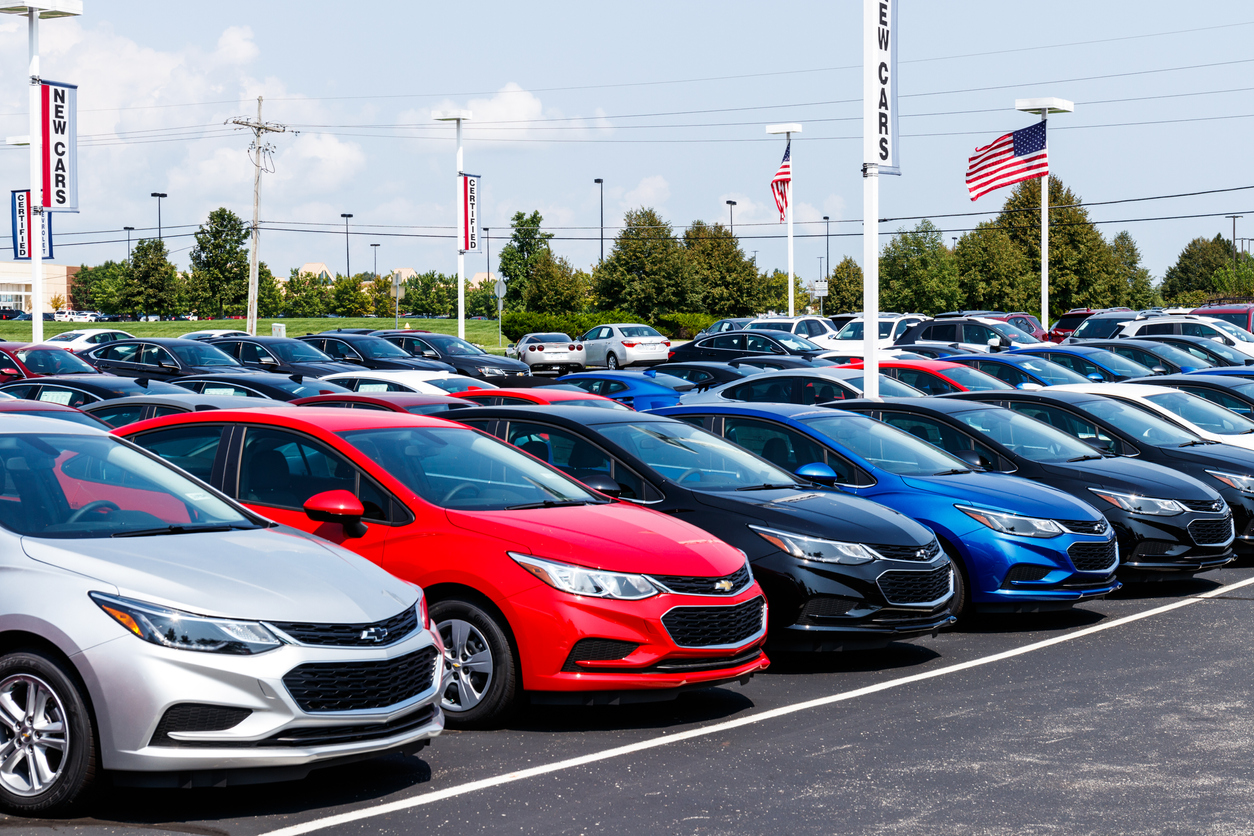
- Key Features: The original In-Bed Trunk® and Dual-Action Tailgate were present from the start. The interior was spacious and practical, though less refined by modern standards. Towing capacity was typically 5,000 lbs.
- Considerations: While reliable, some early models might show signs of rust, especially in the bed and undercarriage in regions with road salt. The styling is unique, which some love and others find unconventional.
2. Second Generation (2017-Present): Refined & Modernized
After a brief hiatus, the Ridgeline returned for its second generation with a more conventional, SUV-like front end that shared cues with the Honda Pilot. This generation brought significant improvements in refinement, technology, and powertrain efficiency.
- Key Features: It retained the beloved In-Bed Trunk® and Dual-Action Tailgate. The 3.5-liter V6 engine received direct injection, boosting power and efficiency. Early models used a 6-speed automatic, later moving to a 9-speed. The cabin became significantly more upscale, with improved materials and a modern infotainment system. Higher trims introduced advanced safety features like Honda Sensing (adaptive cruise control, lane keeping assist, collision mitigation braking).
- Considerations: These models command higher prices due to their newer age and enhanced features. They offer a more car-like driving experience than the first generation, with improved comfort and quieter interiors.
What to Look For When Buying a Used Ridgeline: Your Pre-Purchase Checklist
Purchasing a used vehicle requires diligence. Here’s a comprehensive checklist to ensure you make a smart investment in a used Honda Ridgeline:
-
1. Vehicle History Report (VHR): This is your first line of defense. Obtain reports from services like CarFax or AutoCheck. Look for:
- Accident History: Even minor accidents can lead to hidden damage.
- Service Records: Regular maintenance indicates a well-cared-for vehicle.
- Odometer Discrepancies: Ensure the mileage is accurate.
- Flood/Salvage Titles: Avoid these unless you’re an expert in vehicle repair.
-
2. Mileage and Age: While Hondas are durable, mileage affects wear and tear.
- Lower Mileage (under 100k): Generally means more life left, but higher price.
- Higher Mileage (over 100k): Can be a good value if well-maintained, but budget for potential upcoming maintenance (timing belt on 1st gen, spark plugs, etc.).
-
3. Condition Assessment (Your Inspection):
- Exterior: Check for rust, especially on the frame, bed supports, and around wheel wells (more prevalent on 1st gen in rust-prone climates). Look for uneven paint, signs of previous bodywork, and proper alignment of panels. Inspect the tires for even wear and sufficient tread depth.
- Interior: Look for excessive wear on seats, carpets, and steering wheel. Test all electronics: infotainment system, power windows, locks, climate control, and lights. Ensure the In-Bed Trunk and Dual-Action Tailgate operate smoothly.
- Under the Hood: Check fluid levels (oil, coolant, transmission fluid – look for proper color and no burnt smell). Look for leaks, frayed belts, and corrosion on battery terminals. Listen for unusual noises when the engine is running.
-
4. Test Drive: This is crucial.
- Engine & Transmission: Listen for strange noises, feel for smooth shifts, and ensure adequate power delivery.
- Brakes: Check for pulsing, squealing, or pulling to one side.
- Suspension: Drive over bumps to check for excessive bouncing or clunking.
- Steering: Ensure it’s responsive and doesn’t pull.
- AWD System: If possible, test the AWD system’s engagement.
-
5. Professional Pre-Purchase Inspection (PPI): This is perhaps the most important step. Have a trusted, independent mechanic (preferably one familiar with Hondas) thoroughly inspect the vehicle before purchase. They can identify issues you might miss and provide an unbiased assessment of its condition.
Where to Find Used Honda Ridgeline Trucks For Sale
The market for used Ridgelines is robust, offering several avenues for your search:
- Dealerships:
- Honda Certified Pre-Owned (CPO): These vehicles undergo rigorous inspections, often come with extended warranties, and have lower mileage. They are typically more expensive but offer excellent peace of mind.
- Independent Used Car Dealerships: Offer a wider variety of models and prices, but warranties and inspection standards can vary.
- Online Marketplaces: Websites like AutoTrader, Cars.com, Edmunds, and Kelley Blue Book (KBB) are excellent resources for browsing vast inventories from both dealerships and private sellers. You can filter by year, mileage, price, and features.
- Private Sellers: Websites like Craigslist, Facebook Marketplace, and local classifieds can offer lower prices as there’s no dealer markup. However, the process requires more due diligence on your part, as there are no warranties or guarantees.
- Online Auction Sites: eBay Motors occasionally features Ridgelines, but this route is generally for experienced buyers comfortable with remote purchases.
Tips for a Smooth Purchase
- Set a Realistic Budget: Beyond the purchase price, factor in sales tax, title, registration fees, insurance, and potential immediate maintenance or repairs.
- Research Fair Market Value: Use KBB, Edmunds, or NADA Guides to understand the fair price range for the specific year, trim, and mileage you’re considering. This empowers your negotiation.
- Don’t Be Afraid to Negotiate: Most prices, especially at dealerships, have some room for negotiation. Be polite but firm.
- Secure Financing Early: If you’re taking out a loan, get pre-approved by your bank or credit union. This gives you leverage and a clear understanding of your budget.
- Understand the Paperwork: Ensure the title is clear, the bill of sale is complete, and all terms are understood before signing.
Potential Challenges and Solutions
- Higher Price Tag Compared to Some Rivals: Ridgelines hold their value well, meaning they can be pricier than similarly aged Tacoma or Colorado models.
- Solution: Consider older first-generation models, those with higher mileage (but good service history), or expand your search radius to find better deals.
- Specific Features Hard to Find: If you’re set on a specific trim or rare option.
- Solution: Be patient. Set up alerts on online marketplaces. You might need to compromise on mileage or color.
- Rust on Older Models: First-generation Ridgelines, especially in areas with road salt, can show rust on the bed rails, frame, or around suspension components.
- Solution: Thorough pre-purchase inspection is vital. For minor surface rust, consider rust converter and underbody rustproofing post-purchase. Avoid heavily rusted vehicles.
- Mileage Concerns: While Hondas are durable, high mileage can still be a deterrent.
- Solution: A comprehensive PPI is critical. Focus on maintenance records. A well-maintained 150,000-mile Ridgeline can be a better buy than a neglected 80,000-mile one.
Used Honda Ridgeline Price Table (Estimated Ranges)
Please note: Prices are highly variable based on mileage, condition, trim level, optional features, regional demand, and current market conditions. These are estimated ranges and should be used as a general guide. Always consult current market data from sources like KBB, Edmunds, or NADA Guides for specific vehicle valuations.
| Model Year Range | Generation | Estimated Price Range (USD) | Key Factors Affecting Price |
|---|---|---|---|
| 2006-2008 | 1st Gen | $5,000 – $10,000 | High mileage, condition, rust. |
| 2009-2014 | 1st Gen | $8,000 – $16,000 | Mileage, trim (RTL, RTS), maintenance history. |
| 2017-2018 | 2nd Gen | $18,000 – $28,000 | Early second gen, higher mileage, base trims. |
| 2019-2020 | 2nd Gen | $24,000 – $35,000 | Mid-cycle improvements, average mileage, RT, Sport, RTL-T, RTL-E trims. |
| 2021-Present | 2nd Gen | $30,000 – $45,000+ | Facelifted models, lower mileage, higher trims (RTL-E, Black Edition, TrailSport), CPO. |
Disclaimer: These prices are estimates only and do not constitute an offer or guarantee. Actual prices will vary.
Frequently Asked Questions (FAQ) About Used Honda Ridgeline Trucks For Sale
Q1: Is the Honda Ridgeline a "real" truck?
A1: This is a common debate. While it uses a unibody construction (like an SUV) rather than a traditional body-on-frame (like most pickups), it absolutely offers truck utility with its open bed, In-Bed Trunk, and Dual-Action Tailgate. It’s designed for light-to-medium duty hauling, family versatility, and comfortable driving, rather than heavy-duty towing or extreme off-roading. It’s a "real" truck for those who prioritize comfort, handling, and smart utility.
Q2: What is the typical lifespan of a used Honda Ridgeline?
A2: With proper and consistent maintenance, a Honda Ridgeline can easily last 200,000 to 250,000 miles or even more. Honda’s V6 engines and transmissions are known for their durability.
Q3: Are parts for the Ridgeline expensive?
A3: Generally, Honda parts are reasonably priced and widely available. Given its shared components with other Honda vehicles like the Pilot and Odyssey, parts accessibility and cost are usually not a concern.
Q4: What is the towing capacity of a used Ridgeline?
A4: Most Honda Ridgeline models, across both generations, have a maximum towing capacity of 5,000 pounds when properly equipped. This is sufficient for small boats, jet skis, ATVs, and small utility trailers, but it’s not designed for heavy fifth-wheel campers or large construction equipment.
Q5: What’s the best year to buy a used Ridgeline?
A5: The "best" year depends on your budget and priorities.
- For value: A well-maintained late first-generation (2012-2014) can offer great utility at a lower price.
- For modern features and refinement: A second-generation model (2017-present) is ideal, with 2020+ models benefiting from the 9-speed transmission and updated infotainment, and 2021+ models featuring a refreshed exterior.
Q6: Is AWD standard on the Honda Ridgeline?
A6: Yes, all Honda Ridgeline models sold in the US (across both generations) come standard with an All-Wheel Drive (AWD) system, known as VTM-4 (Variable Torque Management 4-wheel drive) or i-VTM4 in later models. This system automatically sends power to the rear wheels when needed, enhancing traction in slippery conditions.
Q7: How does the Ridgeline compare to other mid-size trucks like the Toyota Tacoma or Chevrolet Colorado?
A7: The Ridgeline offers a significantly more comfortable and car-like ride, superior interior refinement, and unique bed features (In-Bed Trunk, Dual-Action Tailgate). The Tacoma and Colorado, being body-on-frame, generally offer higher towing/payload capacities, more rugged off-road capability (especially in specialized trims), and a more traditional "truck" feel. Your choice depends on whether you prioritize comfort and smart utility (Ridgeline) or raw capability and off-road prowess (Tacoma/Colorado).
Conclusion: The Smart Choice for Versatility
The used Honda Ridgeline stands out as an exceptionally smart purchase for a wide array of buyers. Its unique unibody construction provides a level of comfort and driving refinement unparalleled in the pickup truck segment, while its ingenious bed features deliver practical utility that often outshines larger, more traditional trucks for everyday use. Backed by Honda’s legendary reliability and strong resale value, a pre-owned Ridgeline offers a compelling blend of versatility, dependability, and intelligent design.
Whether you’re a weekend warrior needing to haul bikes and camping gear, a homeowner tackling DIY projects, or simply someone who appreciates the flexibility of an open bed without sacrificing car-like comfort, the Honda Ridgeline deserves serious consideration. By following this guide, conducting thorough research, and performing diligent inspections, you can confidently find a used Honda Ridgeline that will serve you faithfully for years to come, proving itself to be much more than just another truck.
